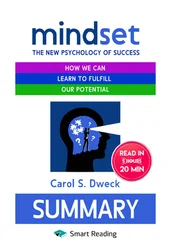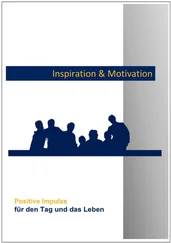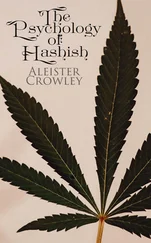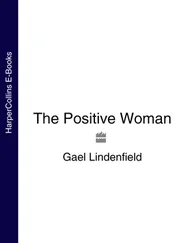Positive Psychology
Здесь есть возможность читать онлайн «Positive Psychology» — ознакомительный отрывок электронной книги совершенно бесплатно, а после прочтения отрывка купить полную версию. В некоторых случаях можно слушать аудио, скачать через торрент в формате fb2 и присутствует краткое содержание. Жанр: unrecognised, на английском языке. Описание произведения, (предисловие) а так же отзывы посетителей доступны на портале библиотеки ЛибКат.
- Название:Positive Psychology
- Автор:
- Жанр:
- Год:неизвестен
- ISBN:нет данных
- Рейтинг книги:3 / 5. Голосов: 1
-
Избранное:Добавить в избранное
- Отзывы:
-
Ваша оценка:
Positive Psychology: краткое содержание, описание и аннотация
Предлагаем к чтению аннотацию, описание, краткое содержание или предисловие (зависит от того, что написал сам автор книги «Positive Psychology»). Если вы не нашли необходимую информацию о книге — напишите в комментариях, мы постараемся отыскать её.
Positive psychology is the scientific study of the strengths, rather than the weaknesses, in human thoughts, feelings, and behaviors. For much of its history, psychology has focused on the negative, completely overlooking the positive attributes that allow individuals and communities to thrive. Positive Psychology is a collection of essays that together constitute a much-needed theoretical rationale and critical assessment of the field. This book assesses what we already know and provides directions for the future. Contributors are leading international authors, including Mihaly Csikszentmihalyi, Robert Sternberg, Vittorio Caprara, C. Daniel Batson, Illona Boniwell, among others. These luminaries write in a way that is rigorous enough for academic use but accessible to professionals, policymakers, and lay audiences as well.
The content of Positive Psychology include both theoretical applied contributions focusing on a range of issues including altruism, positive creativity, science of well-being, forgiveness, coaching for leadership, cyberpsychology, intelligence, responding to catastrophes like COVID-19, time persepective, physiological and epigenetic youth civic engagement, ups and downs of love, flow and good life, global perspectives on positive psychology, self and collective efficacy, positive psychology interventions and positive orientation. The book is pitched to senior undergraduates, graduates, academics and researchers and provides insights and perspectives into neglected and unsolved questions.
Brings together the latest viewpoints and research findings on positive psychology, from the leading thinkers in the field Offers both theoretical and applied insights, for a well-rounded reference on this new and fast growing field Contains contributions from well known authors like Paul Ekman, Robert Sternberg, and Vittorio Caprara Appeals to academic, professional, and lay audiences with an interest in acquiring a profound knowledge of positive psychology No other book currently on the market addresses such a breadth of issues in positive psychology.












